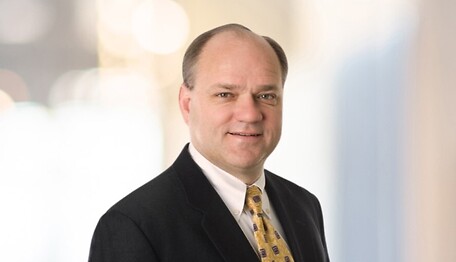The Clock is Ticking - Don't Get Burned by Statutes of Limitations/Repose
Property adjusters can play a key role in preserving subrogation opportunities by understanding applicable statutes of limitations and repose. Unfortunately, there is little uniformity with regard to when a claim must be formally filed. The time period within which to file a formal complaint may vary significantly from state to state. The presentation will discuss the differences between a statute of limitation and a statute of repose; various triggering events for when a statute of repose starts to run for an improvement to real property; what constitutes an improvement to real property; triggering events for asserting a products liability claim; special notice requirements for claims against governmental entities; contractual limitations that modify state statutes; and unique problems with asserting warranty claims.
Participants will gain an understanding of the difference between a statute of limitation and statute of repose; obtain a state by state overview of applicable statutes pertaining to improvements to real property, torts and contracts; claims involving products; claims against governmental entities; and gain an awareness of when to file a formal claim in order to preserve subrogation opportunities.
About the Presenter
Ed Jaeger is the Chair of the Subrogation Department at and has practiced exclusively in the field of insurance subrogation for the past 24 years. He received his BA in 1986 from Washington and Jefferson College and his JD in 1989 from the University of Pittsburgh. In addition to litigating and trying cases, Ed has been an author and speaker on numerous subrogation topics for publications and forums focused on subrogation which have included presentations at national conventions for NASP and PLRB. Ed is a licensed to practice in Pennsylvania, New Jersey, New York and the District of Columbia but practices subrogation throughout the country.
PRACTICE AREAS
Practice Areas
KEY ATTORNEYS
-
Partner

